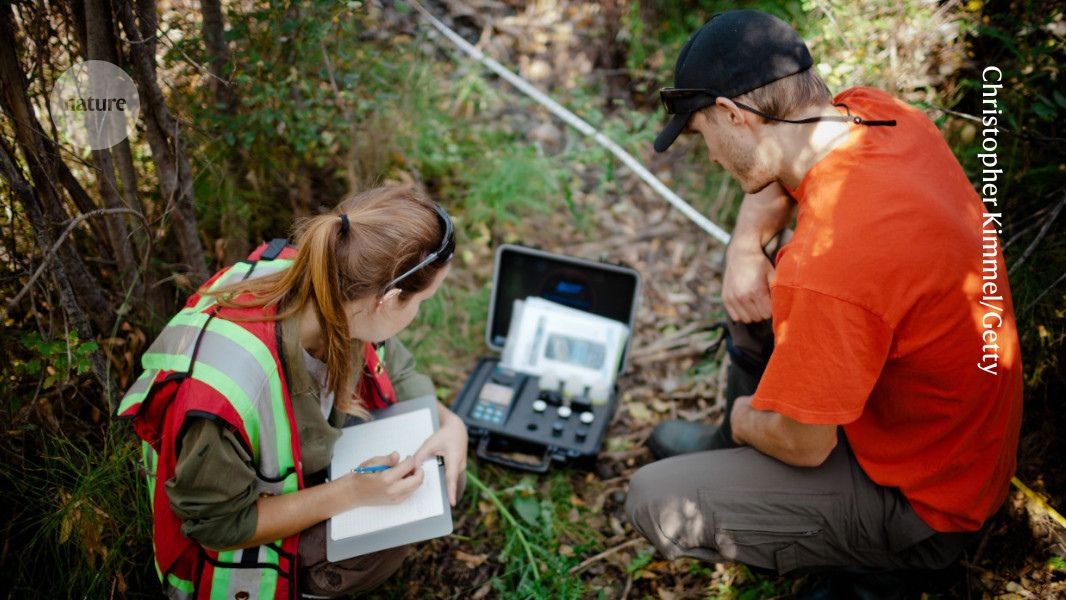PhD students in STEM: Nature wants to hear from you

Buried in lab work or drowning in data? Take a break and help shape the future of PhD education

Nature wants to know what PhD students love about their experiences — and what could be improved.Credit: Christopher Kimmel/Getty
Nature has launched its seventh global survey of science, technology, engineering and mathematics (STEM) doctoral students. Tell us why you decided to pursue a PhD or other doctorate, what you love about your supervisor and how they or your programme could do better — anonymously, of course.
Created in partnership with London-based consultancy Thinks Insight & Strategy, the survey will probe graduate students’ views about their goals and challenges, and their experiences of their studies so far. Enter for a chance to win £250 or the equivalent in your local currency.
Widespread reductions in research funding, immigration crackdowns and rapid technological developments in artificial intelligence (AI) tools for academic use make this a crucial time to take the temperature of doctoral students around the globe, says senior Nature Careers editor Kendall Powell.
“Federal funding cuts to education and research are already having profound effects on graduate and research programmes inside the United States — and elsewhere,” she says. “We hope this survey will show how the turmoil is affecting PhD students’ attitudes and choices worldwide.”
As in previous years, survey-takers will be asked to rate key aspects of their PhD, such as mentorship, work–life balance, mental-health support and salary levels, as well as their feelings about their career outlook. New questions probe how supervisors can best support their students and the challenges and opportunities that come with studying outside your home country.
Enjoying our latest content?
Login or create an account to continue
- Access the most recent journalism from Nature's award-winning team
- Explore the latest features & opinion covering groundbreaking research
or
Sign in or create an accountdoi: https://doi.org/10.1038/d41586-025-01486-1
This story originally appeared on: Nature - Author:Linda Nordling


















